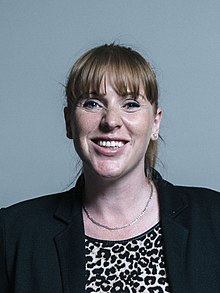Lord Taylor of Warwick – 2014 Parliamentary Question to the Department for Education
The below Parliamentary question was asked by Lord Taylor of Warwick on 2014-03-13.
To ask Her Majesty’s Government what they are doing to ensure that children from less privileged backgrounds are not disadvantaged at school.
Lord Nash
Raising the attainment of disadvantaged pupils is a top priority for this Government. That is why we have invested in the pupil premium for schools, which has risen from £625 million in 2011-12 to £2.5 billion in 2014-15, giving schools the additional resources they need to raise disadvantaged pupils’ attainment, and give them a better start in life.
We have extended eligibility for funding over the last three years, as well as raising the per-pupil funding rate. When the pupil premium was introduced in April 2011, schools received £488 for each pupil who was registered for free school meals or looked after by the local authority for six months or more. From April 2014, the funding will be £1,300 per primary aged pupil, £935 per secondary aged pupil and £1,900 for each pupil who is looked after for one day or more; or who left care through adoption or a Special Guardianship Order on or after 30 December 2005, or via a Residence Order.
Headteachers are held accountable for the impact of this additional funding in three different ways. Firstly, the performance tables set out the attainment and progress of disadvantaged pupils and the gap between them and their peers. Secondly, Ofsted inspects the achievement of all pupils in a school. Where disadvantaged pupils are making insufficient progress, inspectors are likely to grade a school as requiring improvement and will recommend that the school undertakes a pupil premium review. Thirdly, schools are required to publish online how much pupil premium funding they receive, how they have used this funding and an evaluation of the impact that it has had.
Our EBacc is driving up the number of pupils leaving school with the subjects most prized by employers and universities. Already, our introduction of the EBacc has seen the number of children studying at least 5 of the essential subjects rise.
The free schools programme is another powerful way to ensure greater opportunity for more disadvantaged children. 174 free schools are open, 45% of which were set up in the 30% most deprived areas of the country; communities often poorly served for generations.
Some of our most disadvantaged schools are seeing the improvements brought about by successful academy sponsors. 26.3% of pupils in secondary sponsored academies are eligible for free school meals, well above the national average for secondary schools of 15.1%, yet results in sponsored academies continue to improve faster than in local authority schools.


